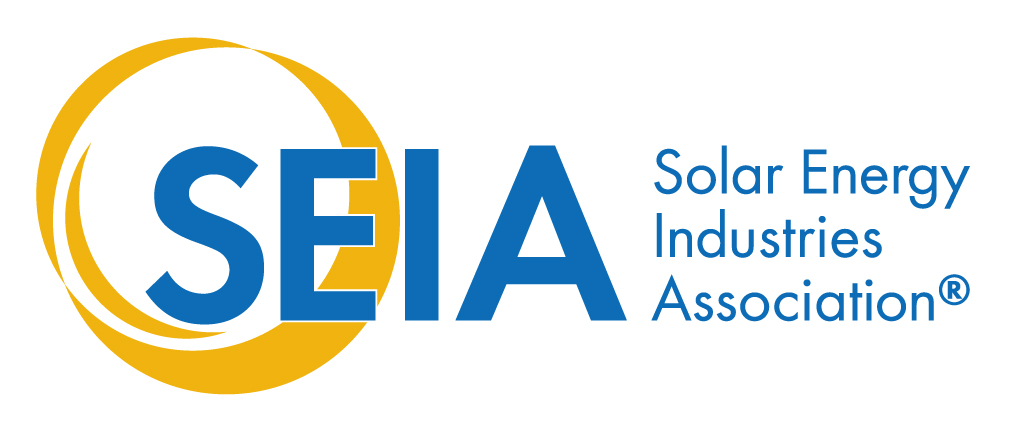SEIA finds rooftop solar is worth 24¢/kWh in Michigan
The value of rooftop solar is well above the net metering compensation paid to customers with rooftop solar, the solar association found.
Rooftop solar is worth 24¢/kWh in the Michigan territory served by Consumers Energy, well above the 14¢ to 17¢/kWh that the utility’s net metering customers currently receive for the electricity they send to the grid.
The Solar Energy Industries Association’s Director of Rate Design Kevin Lucas presented that finding in testimony in a Consumers Energy rate case.
Lucas concluded that rooftop solar “outflow energy” is “more valuable than average energy,” and that residential customers with solar are less costly to serve than other residential customers.
A key factor in the high value of rooftop solar, Lucas noted, is the “much lower” demand of customers with rooftop solar at the time of the system peak demand, compared to similar customers without solar. That means that customers with rooftop solar lower the system peak demand, thus reducing the need for costly generation and transmission capacity.
Rooftop solar customers, Lucas testified, also export much of their power during the utility’s “critical peak” hours of 2-6 p.m. on weekdays. He noted that the utility offers a “critical peak pricing” rate for residential customers designed to reduce afternoon demand on days when the utility calls a CPP event—when customers on that rate must pay 95¢/kWh for afternoon power.
Lucas proposed that Michigan regulators establish residential rates in a way that shares the savings created by rooftop solar, between those who own rooftop solar and other residential customers. He suggested that the savings be allocated 25% to rooftop solar owners, to incentivize further solar installations, and 75% to other residential customers, to drive residential rates down.
Lucas challenged a number of approaches used in a Brattle study that the utility used to show the cost of serving residential customers who have solar. He concluded that state regulators “should disregard the Brattle study upon which [the utility] relies.” Lucas describes his critique of the utility’s analysis, and presents his own analysis, in 68 pages of testimony.
Value of solar
Several organizations that jointly filed Lucas’s testimony, as well as testimony from other experts, recommended that Michigan regulators “initiate a comprehensive statewide study into the value of solar,” testified William Kenworthy, Vote Solar’s regulatory director for the Midwest.
Dr. Gabriel Chan, a University of Minnesota professor who testified in his personal capacity, suggested that Minnesota’s approach to a value of solar analysis could be a useful model.
The joint testimony was filed by the Environmental Law & Policy Center, on its own behalf and on behalf of the Ecology Center, the Great Lakes Renewable Energy Association, SEIA, and Vote Solar.



